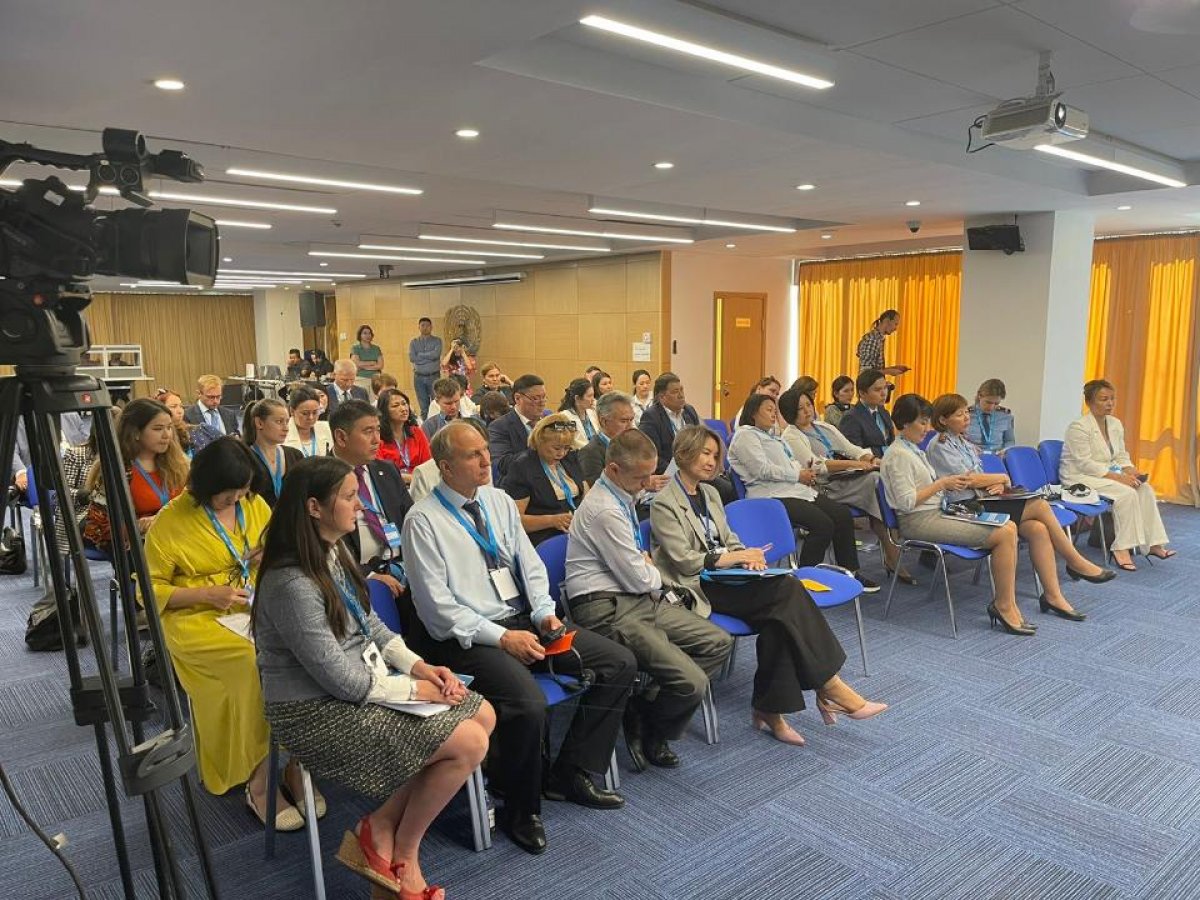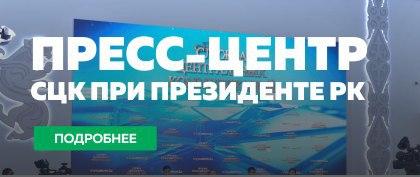According to official data, in 2020, more than 2 million 35 thousand foreigners entered Kazakhstan (in 2019 – 6,088,252), of which 371,193 citizens were granted a temporary residence permit. Many of them arrive with children. According to UN estimates, as of 2019, 432,420 children who were born outside the country lived in Kazakhstan. Some of the children do not have birth documents, as a result, they are deprived of access to education and social services. This is especially true for preschool children.
During the conference, a number of recommendations were made to the Government of Kazakhstan on the results of the Joint Project, including:
1) provide documentation of the birth of children born outside medical institutions from mothers who do not have identity documents.
2) to ensure that all children, regardless of their (or their parents or their legal representatives) nationality, citizenship, migration status and residence status or lack thereof, have access to early development services, education, health care, social protection on an equal basis with children who are citizens of the Republic of Kazakhstan;
3) to spread the practice of providing protective services to children in migration processes based on the model tested with the support of UNICEF in all regions of the country;
4) consider the possibility of introducing a ban on the placement of children in closed institutions, child support centers, solely on the basis of their migration status;
5) consider the inadmissibility of detention and prosecution of children aged 16 and over for violation of migration legislation, etc..
"As a result of the program, a number of important recommendations for improving laws have been developed. Practical assistance was provided to children in order to ensure their safety and exclusion from victimization. We suggest that the authorized state bodies study the recommendations of the Project and take measures to protect children who are in migration processes between regions and and by entering the country. We express our readiness for further joint work for the benefit of every child in Kazakhstan," Elvira Azimova said.
"The most important result of the full four years of work was the creation of a legislative framework for the registration of children born to mothers who do not have documents. Over the past three years, 1,500 children born in medical institutions have received birth certificates. This means that they will be able to go to kindergarten, school, get a certificate of secondary education, as well as have access to medical care and necessary social services. These children will not become "invisible". Documentation problems are one of the most frequently encountered by migrants and their families. They lead to serious consequences for children: from the danger of being separated from their parents to criminal and administrative liability based on their migration status.
The conference participants will send a resolution with recommendations for the Government of Kazakhstan to ensure that all children, regardless of their nationality, citizenship, migration status and residence status or lack thereof, have access to education, guaranteed free medical care and social services on an equal basis with children-citizens of Kazakhstan," said Arthur van Diesen, UNICEF Representative in Kazakhstan.
"Children in migration processes are doubly vulnerable: as children and as migrants. They need special attention, protection and quality services. We are pleased that our partnership with UNICEF, the Commissioner for Human Rights and the Committee for the Protection of Children's Rights is yielding practical results, and many children in migration processes receive additional protection. We should always do everything possible for children and never compromise in protecting their rights," said Mr. Kestutis Jankauskas, Ambassador of the European Union to Kazakhstan.
He also noted that the results of the program were achieved primarily due to the coordinated efforts of a number of parties involved, including authorized bodies of the Republic of Kazakhstan, local executive bodies, embassies, public organizations, the European Union, the Office of the United Nations High Commissioner for Refugees, the International Organization for Migration and others.
The model of providing protective services developed within the framework of the Joint Project was successfully tested in Nur-Sultan, Almaty, Shymkent and Turkestan region together with the NGO "Rodnik", "Sana Sezim" and the Kazakhstan International Bureau for Human Rights and Rule of Law (KMBHR).










